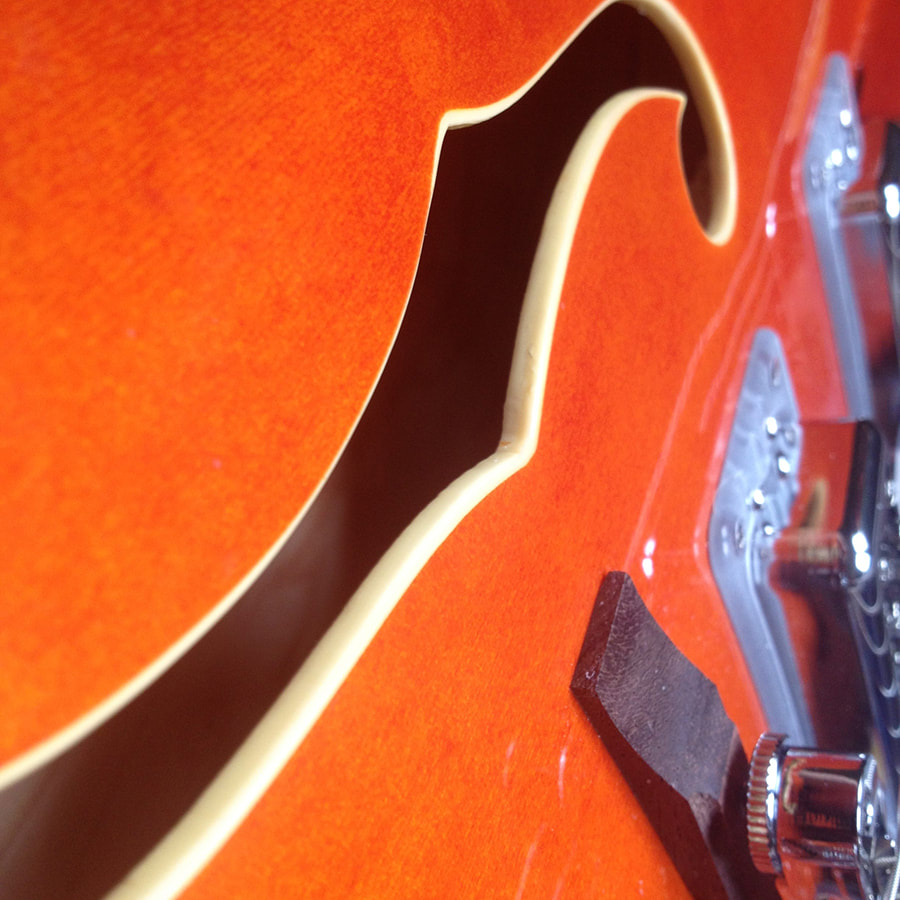|
Now with a scary Greek word! By Zach Hively Have you noticed how some sensory experiences escape language? We try. Heaven help us, we try—to put words to things that escape words. Think colors: yellow and orange are warm, purple is more cool. Red is roses, and blue (somehow) is violet. But white is both ridiculously hot and frozen solid. And to a person without sight, how does any of this mean anything? Food’s another. So good, we say. Delicious. Scrummy. Yum. Because unless you want to lift highfalootin’ vocabulary from a sommelier, we can’t describe the experience of tasting food except by reference to other things we’ve tasted, or smelled, or felt. Yes—technically, this is all of language. Every word is an abstract expression that we all agree means more or less the same thing, within that language itself. We use meaningless sounds or movements or symbols to mean something else in existence. Some things, we kind of generally more or less seem to agree on, mostly. Practical things. Tangible things. Not things like music. Which brings me to this poem. I had a really inspired idea a while back for a poetry project, all relating to music. This would be something fun, and lighthearted, a break from my usual fun and lighthearted work.
But eff me, writing about the experience of music is hard. There’s a scary Greek word for writing poetry about art: ekphrasis, or ekphrastic poetry. Pretty typically, this kind of writing is a poem about a painting, or a sculpture. I’m choosing to expand it to music, most particularly the experience of listening to live music. (“Live music is better!”) All this to say: you think, because you love something, it will be easy to talk about. But you tell me: what does a guitar sound like? Use your words. I wonder, in fact, if this is part of why I have turned to more formal styles of poetry throughout this project—haiku especially, but also forms like the sonnet. I typically write in free verse, which my process lends itself well to. But there’s something comforting, reassuring, about the structure of a formal poetic style. It takes away my options, gives me the choices that fit the mold, makes me play within the bounds. It’s unfamiliar terrain. It’s chewed at me for much longer than I anticipated. And this is the first piece to go forth into the world. Enjoy. Antwerp, 2009 We stood outside an hour to claim the rail —our station: face guitars that turn stage right— the lights ducked down, and right away I knew your torch flamed sharp, intense, too much to keep contained in glass, in flesh—such fire prevails, chews through a life like piñons in the night: the driest fuel burns clean burns keen burns through itself til nothing's left, no heat to seep into my bones, fool bones that gently wail for steady warmth and for a constant light. Now fully I expect to read the news you've died tonight, burned out, forced rust to sleep. And if you do, this is the way to go: turned loud, laid bare, no embers left to glow. Thanks for reading Zach Hively and Other Mishaps! Subscribe for free to receive new posts and support my work.
1 Comment
3/15/2024 11:54:58 am
Wonderful essay and terrific poem, one that requires pondering, which is appropriate, right? for something that is a good stretchof the imagination across that divide between what is experienced and what may be expressed about that experience. Thank you for the reminder and for sharing your poem.
Reply
Your comment will be posted after it is approved.
Leave a Reply. |
Submit your ideas for local feature articles
Profiles Gardening Recipes Observations Birding Essays Hiking AuthorsYou! Archives
September 2025
Categories
All
|

 RSS Feed
RSS Feed